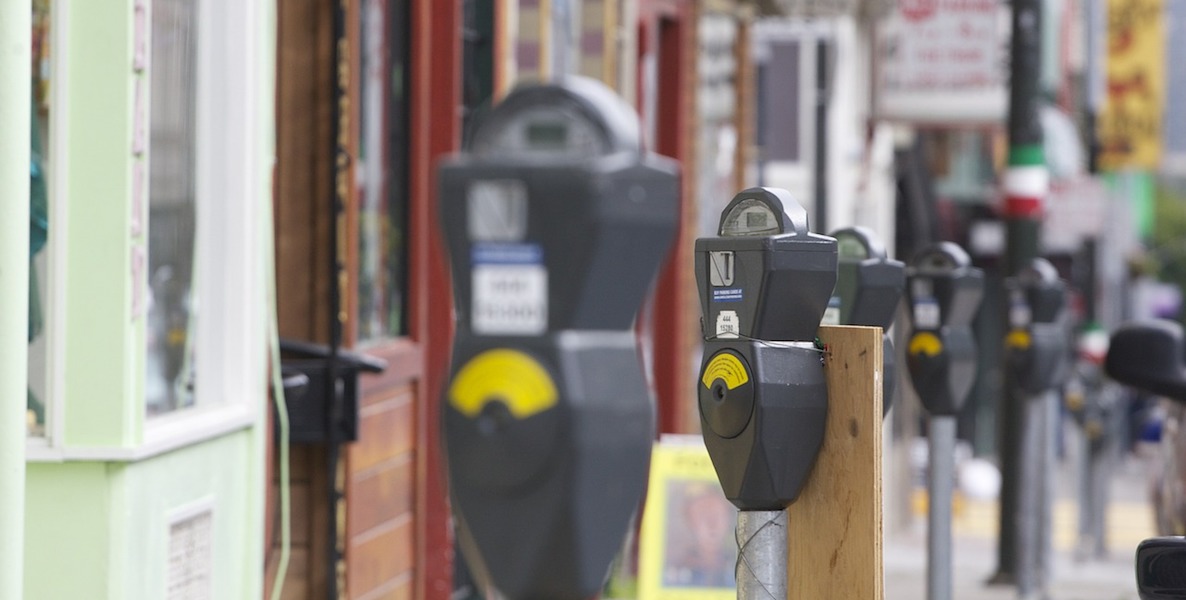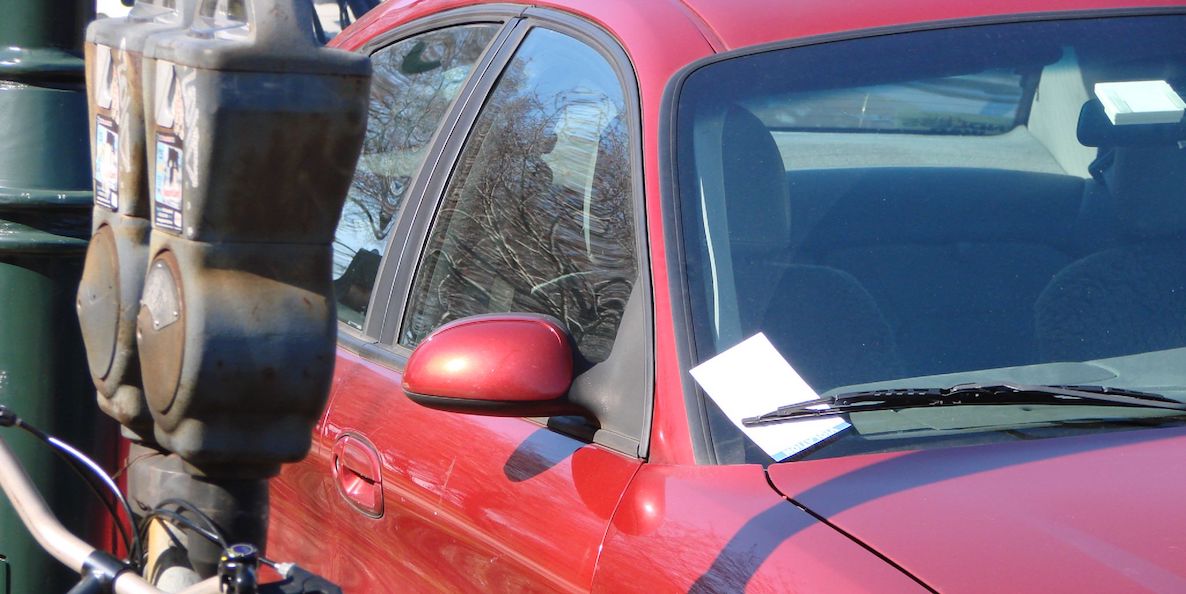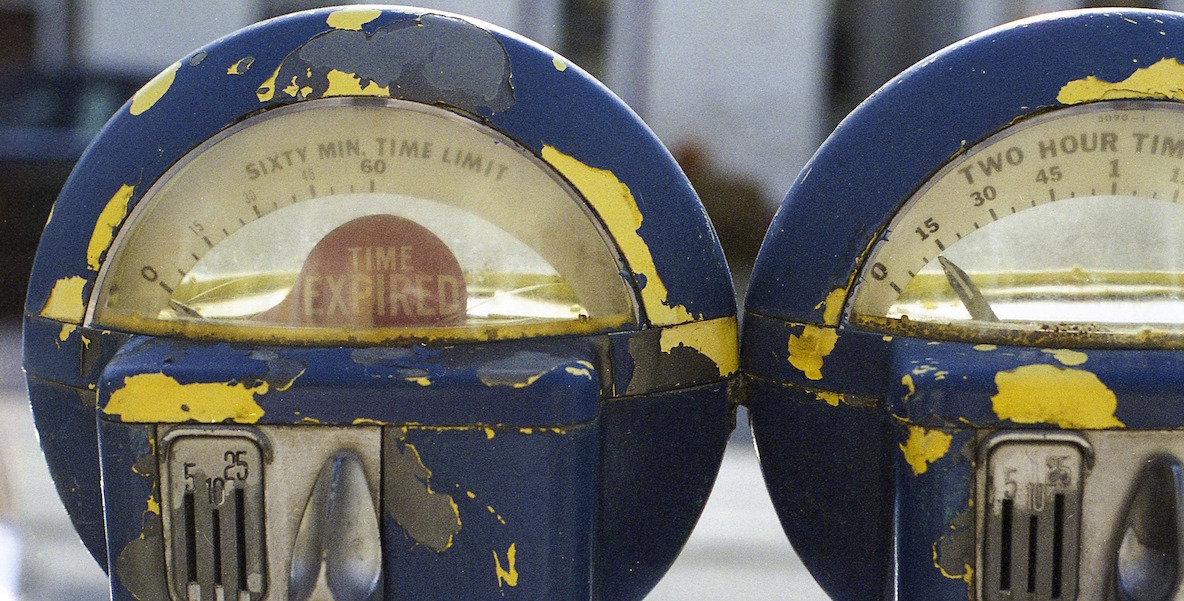It’s about time the Philadelphia Parking Authority is coming under well-deserved scrutiny for millions upon millions of dollars in lost revenue that should have gone to the Philadelphia school system. And, now that Councilwoman Jannie Blackwell’s parking amnesty bill passed City Council before the holiday season, it’s time to look at what else is wrong with the PPA.

Pennsylvania Auditor General Eugene DePasquale’s extensive probe and dramatic outing of PPA finances is, by all means, welcome. It arrived at the right time, disrupting the agency at its core and now adding needed momentum for a city-wide movement to bring the PPA back to local control. (A move not helped by the appointment last week of a Bucks County legislator to head the organization.)
Because, well, why not? If the city can take back its school system saddled with $272 million in operating debt—which will be close to $1billion in 5 years—then why not take back its parking authority that generates roughly the same amount as that operating debt?
However, this was never just about the money. This was also just as much an issue about Philly’s generations-old habit of systematically punishing its poor and non-white populations. Hence, PPA always had two major issues: 1) Race and Income-based discrimination: a pattern in which parking authority officers are routinely preying on and victimizing communities that are overwhelmingly Black, Brown and fixed-to-low-income in composition; and 2) the abuse and misdirection of funding streams the PA Auditor General’s recently released report unveiled.
There’s been ample spotlight on the latter, but at the expense of the former. The Parking Authority acts as the robotic-like extension of draconian racial and class-based control, along with a Republican, very white and very rural-suburban controlled state legislature in Harrisburg. Both this city’s wanton racist and historically classist disregard for those populations and the rest of the state’s Appalachian mountain size, Trump-country racial hostility towards its wealthy, multicultural neighbor to the Southeast team up in an unofficial headlock of anyone who’s not Caucasian and below a certain income level.
The collective Philly political and media establishment embrace of the DePasquale audit, while openly questioning the wisdom of Blackwell’s bill, reflects that. It is the subtle reflex of a city that has long been satisfied with the arrangement. There’s naked hypocrisy in that, too: The city proudly touts itself as a champion of progressive causes, fighting the good fight as a “sanctuary city” and “woke” urban partner in the fight against climate change, yet it doesn’t seem to care about how its own citizens “of color” are routinely mistreated by invasive state-managed agencies. If it was truly progressive, it would have audited that, too.
And if Philadelphia Mayor Jim Kenney was all that “progressive,” he wouldn’t be forcing Blackwell to recall the bill she just passed and amend it—after she had already amended it numerous times. Instead, suddenly, Kenney is sooooo concerned that a parking amnesty law will take money away from the Philly schools he’s about to take ownership of, as if Philly schools had been receiving this waterfall of funding from the PPA for years already.
Out of the 14 different zip codes that have been issued 100,000 or more parking tickets between 2012 and 2016, nearly 80 percent are places where the poverty rate is 20 percent or more and the neighborhoods are mostly Black and “of color.”
We know that’s not the case, and we also know Kenney has never fought for or even planned on demanding additional money from PPA, because we’ve asked. To him, the little over $10.3 million annually was all good—even though we’re now finding out it should’ve been at least $36 million annually.
Now that parking amnesty passes, he’s so concerned about PPA revenue? Really? When Reality Check has asked the Mayor about the city taking back PPA, to control its finances and ensure the schools are getting much more cut than just 3.8 percent of the revenue, he’s been audibly irritated.
Meanwhile—and let’s just be blunt here—Philly’s media elites are up to their usual mix tape of snobbery and racially-bubbled obtuseness. Vincent Fiorillo at PhillyMag snapped back at the parking amnesty bill as “a really bad idea,” pointing out the $580 million in unpaid parking fines since 1990 (roughly $21.4 million a year over 27 years). But in decrying “broke ass Philadelphia” he didn’t even mean the 40 percent of the city’s citizens that are truly broke and struggling as the collective poorest big city in America; he dismisses the parking amnesty bill as “the premise is that poor people are being saddled with long-overdue fines” when, clearly—as we’ve long explored at Reality Check—that’s more than a premise; that’s a fact.
Poor people aren’t just being “saddled,” they’re being robbed daily to pay the bulk of PPA revenues. Out of the 14 different zip codes that have been issued 100,000 or more parking tickets between 2012 and 2016, nearly 80 percent are places where the poverty rate is 20 percent or more and the neighborhoods are mostly Black and “of color.” In upper North Philadelphia, for example, in the heavily black neighborhoods where the poverty rates range (officially) from 20 to 36 percent, ticket writing is epidemic: Since 2012, 184,000 tickets have been issued in zip code 19140; 179,000 tickets have been issued in 19141; and 105,000 tickets have been written in 19144.
The city proudly touts itself as a champion of progressive causes, fighting the good fight as a “sanctuary city” and “woke” urban partner in the fight against climate change, yet it doesn’t seem to care about how its own citizens “of color” are routinely mistreated by invasive state-managed agencies.
Meanwhile, wealthier zip codes like 19111 and 19149, where poverty rates are below 8 percent, have seen only 57,000 and 78,000 tickets respectively in that same period. You also have a better chance of avoiding parking tickets in zip codes like 19118—which enjoys a 1 percent poverty rate—where there were only 66,000 tickets written.
Jason Laughlin in The Inquirer didn’t even mention the predatory enforcement practices in his long copy on Bucks County Republican State Rep. Scott Petri taking over the agency. A month ago, PlanPhilly’s Jim Saksa did the same in a piece praising now former PPA director Clarena Tolson for reforming PPA (all because it was making more money—again, most likely off the skin of Philly’s poorest, blackest and brownest residents). And, Philadelphia 3.0’s Jon Geeting, here in The Citizen, didn’t bring up the predatory enforcement practices either.
No one, including the Mayor, is concerned about ensuring PPA revenue is channeled to all the right places when it’s an issue of the agency making that revenue off the backs of Philly’s most disenfranchised. But when someone finally takes steps to find relief for those victimized by ongoing PPA civil rights violations, now suddenly everyone cares so much about PPA that they’re counting every nickel and dime that flows from it.
The amnesty offered under Councilwoman Blackwell’s bill is a one-time thing. It applies to tickets and fines that were issued before 2013, so long as the recipients have been paying their more recent tickets or are on a payment plan. For people who have not received a ticket since 2013, it would wipe the slate clean for $50.
But without addressing the larger issue of why people who can least afford parking fines get more tickets, they are just going to start racking up the fines again. We need to resolve this issue now, not brush it under the rug as a new (perhaps less open to the idea) administration takes over at the PPA.
There’s nothing wrong with the Parking Authority making money. But there’s definitely something wrong in the way it does it. So cut it out, poser progressive Philly: You can’t have one conversation without having this one, right here.
Charles D. Ellison is Executive Producer and Host of “Reality Check,” which airs Monday-Thursday, 4-7 p.m. on WURD Radio (96.1FM/900AM). Check out The Citizen’s weekly segment on his show every Tuesday at 6 p.m. Ellison is also Principal of B|E Strategy, the Washington Correspondent for The Philadelphia Tribune and Contributing Politics Editor to TheRoot.com. Catch him if you can @ellisonreport on Twitter.








